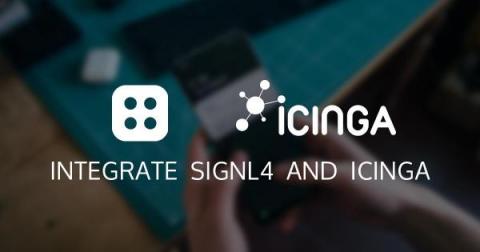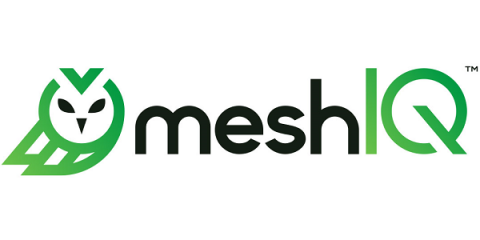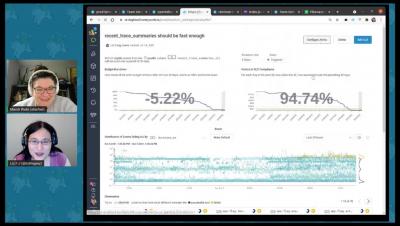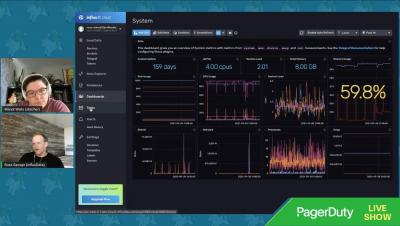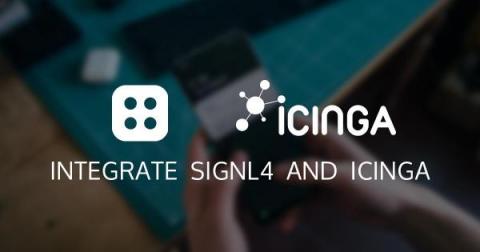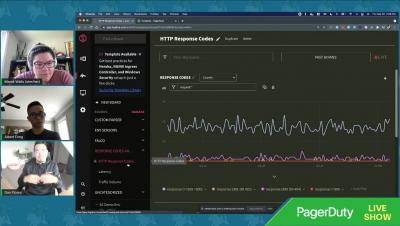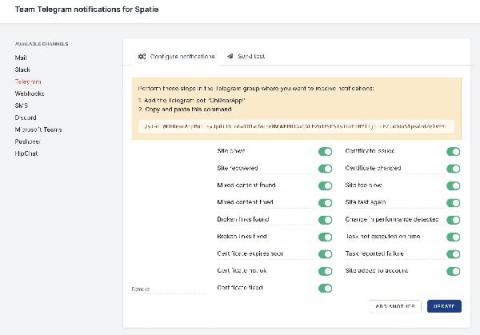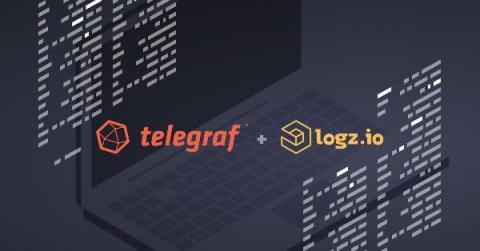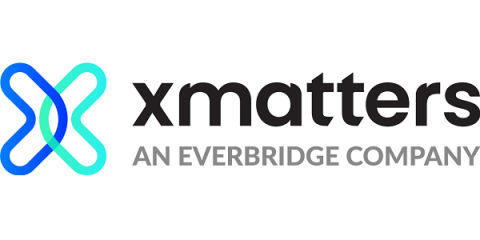New Integrations from Logz.io: November 2021
It’s been a busy couple of months at Logz.io. We’ve added new features, made critical updates, and added a slew of integrations. Those integrations run the gamut from observability and security services, to cloud tools and container orchestration. Let’s take a quick look at what’s new and what’s coming up at Logz.io.



